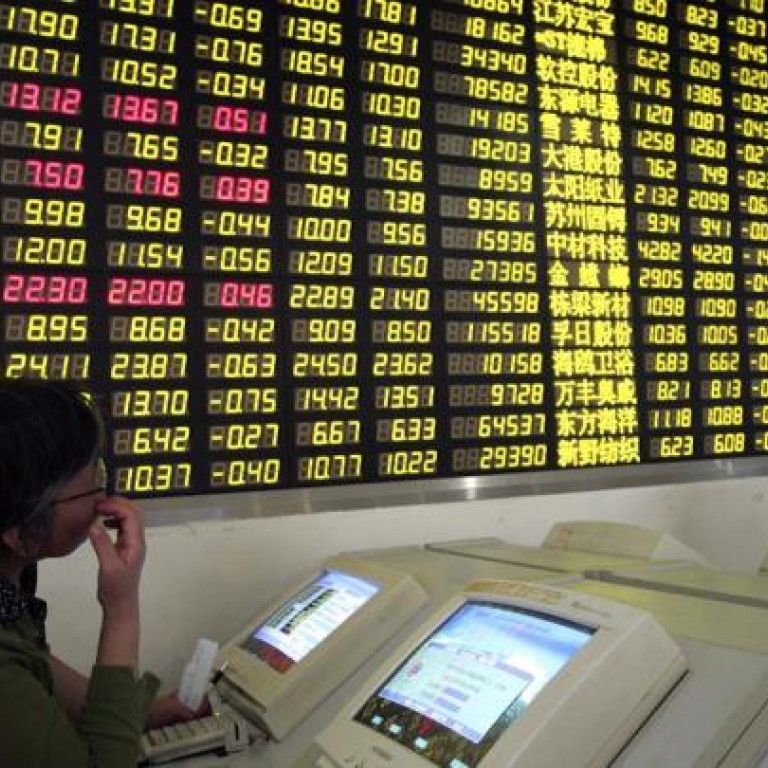
Regulator relaxes rules for foreign investment firms
David Livdahl of Paul Hastings talks about new rules to promote the mainland's QFII programme that aim to attract more funds
Under PRC law, a foreign investor must obtain a special licence to become a qualified foreign institutional investor (QFII) to invest in China's securities market.
Only certain types of institutions are eligible to apply for QFII qualification with the China Securities Regulatory Commission (CSRC).
PRC law also has certain requirements on the required time of existing (TOE), or time of operation (TOP), of the QFII applicants, the amount of securities assets under management (AUM) of the QFII applicants in the most recent fiscal year, and the net assets or other capital requirements of the QFII applicant.
Aiming to attract more foreign investment funds to China's securities market, the new QFII rules have been relaxed.
The key changes in the new QFII provisions include:
- Shorter TOE or TOP and significantly lower AUM, the net assets or other capital requirements.
- QFII applicants are required to file their applications via the CSRC's website as well as submit a hard copy of all application documents to the CSRC. In addition, rather than filing with the CSRC directly for any significant events in the future (such as replacement of a QFII's custodian, and replacement of a QFII's legal representative) a QFII will now be required to file such events electronically.
- QFIIs can open multiple securities accounts with up to three securities companies in each stock exchange to manage the securities accounts.
- Under the old QFII measures, a QFII could invest in stocks, bonds and warrants traded on stock exchanges and securities investment funds. The permitted investment scope provided in the new QFII provisions was expanded to include stock-index futures and fixed-income products traded on the interbank bond market. The maximum shareholding of all foreign investors in a single A-share listed company is raised from 20 per cent to 30 per cent, with the maximum shareholding of a single foreign investor in a single listed firm unchanged at 10 per cent.
A QFII applicant must apply to CSRC for the QFII qualification and apply to the State Administration of Foreign Exchange (Safe) for investment quota.
According to our informal inquiries with CSRC and Safe officials, we were told that there was no time limit for the QFII to invest after obtaining the investment quota.
However, in practice, failure to invest will likely hurt any attempt by the QFII to increase its investment quota. A description of a QFII's previous investments in China with respect to its existing investment quota is required in an application to increase the QFII's quota.
Thus, there is no regulatory penalty for not investing remitted funds, but such inaction will make it difficult to increase the investment quota until the remitted funds are actually used.
Also, PRC law does not stipulate a validity period for an approved quota. As long as the quota has not been revoked by the regulators due to non-compliance - for example, if within six months of the approval of the quota, the actual amount the QFII remits into China is less than US$20 million, the QFII's quota will be revoked - it remains valid.
?
According to our informal inquiries with the regulators, a QFII applicant may change its investment plan during the application phase by submitting a new version before the original plan is approved, but once it is approved, a QFII is expected to adhere to the plan.
Nonetheless, a QFII can reserve some flexibility when crafting its investment plan.
For instance, a QFII may list in its plan all the securities a QFII is permitted to invest under PRC law, but it does not necessarily have to invest into each of them.
